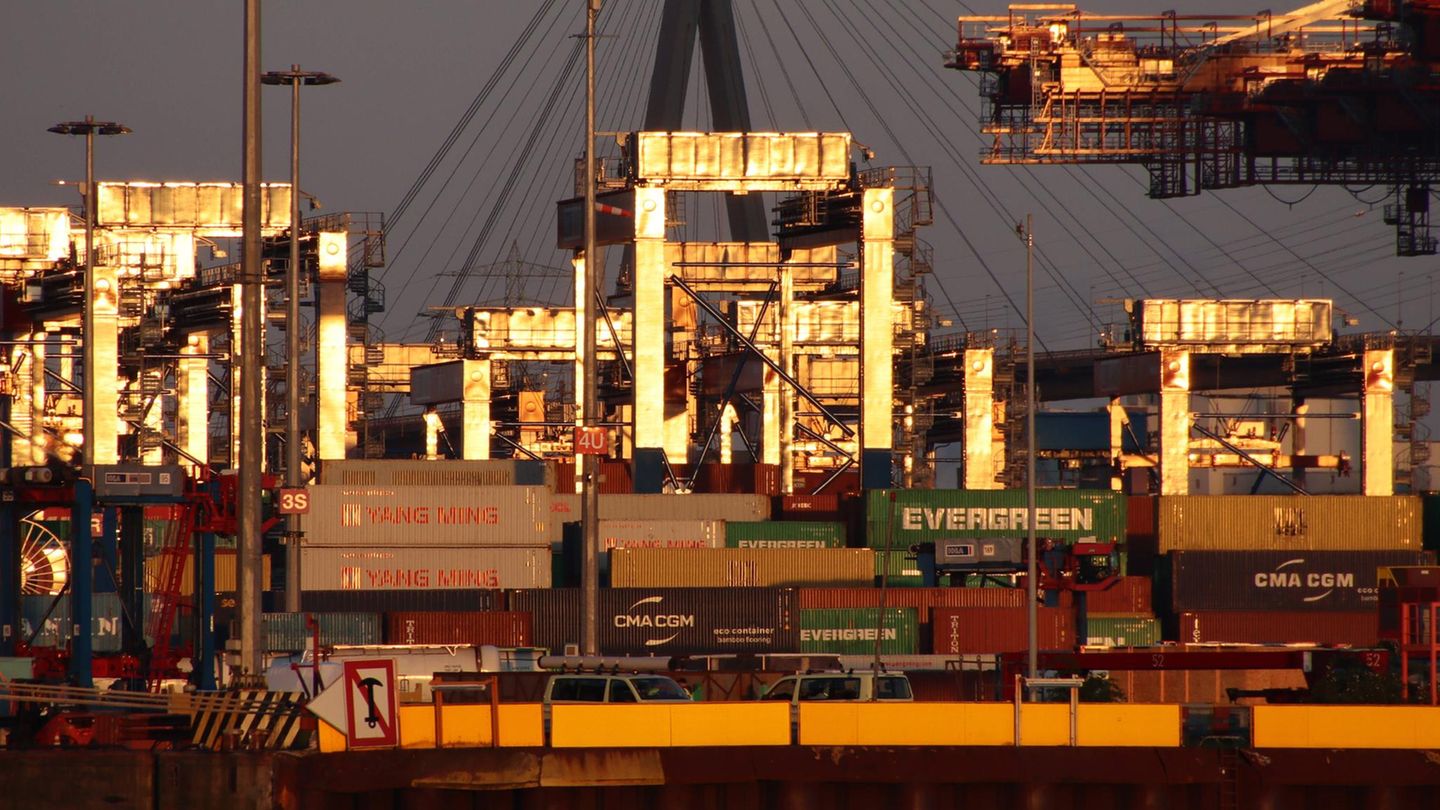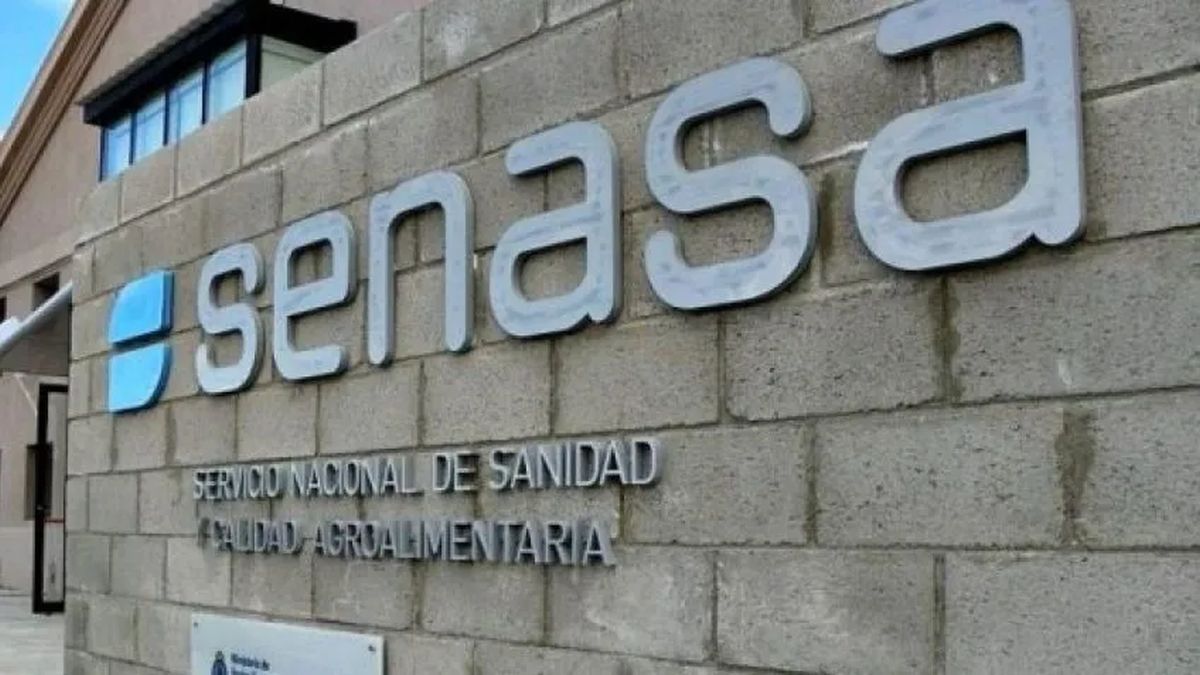Economy
Economically sink growth forecast for 2025
Copy the current link
Add to the memorial list
The economy does not expect a quick recovery of the economy. The pressure of change is growing, also in former showcase sires. But there is also hope.
The German economy continues to step on the spot – that should not change so quickly under the new federal government. The economy reduces their economic forecast for this year and expect only a stagnation of the gross domestic product for 2025. In autumn, the Council of Experts had expected growth of 0.4 percent.
The German economy is still in a “pronounced phase of weakness,” said the five -member body in Berlin. In 2026, the economy could recover somewhat, with an increase of one percent growth. However, from the perspective of the experts, it is anything but certain whether Germany will also find back to the economic trail of success in the medium and long term.
After two years in a row, the then Minister of Economics Robert Habeck (Greens) had already screwed down the government’s forecast a month ago. Habeck also only expected a stagnation of gross domestic product and growth of 1.0 percent for 2026.
From the perspective of the economy, bureaucratic requirements and long approval procedures slow growth. US President Donald Trump’s unpredictable and leaking customs policy also affects the export-oriented German economy. In the future, the structural change, which is accelerated, will also reach industries and regions in Germany that were previously economical, as it is said in the spring report.
Worse prospects for the labor market
The economic weakness shows itself on the job market, according to the report. According to the Federal Employment Agency, the spring revival was comparatively weak in April. The economic methods expect the unemployment rate to increase to 6.2 percent in 2025.
According to the forecast in this and coming year, inflation is expected to decrease slightly: in 2025 to an average of 2.1 percent, 2026 to 2.0 percent. However, this forecast is still “with great uncertainty,” said Veronika Grimm. Commercial conflicts could get the prices in motion again, both up and down. Voluminous expenditure programs of the federal government could also boost domestic demand and drive up prices faster again.
Opportunities through huge debt package
The new federal government of the Union and SPD wants to relieve the economy with various measures. The 500 billion heavy, loan -financed package should also provide more growth for additional investments in infrastructure and climate protection.
The economic methods consider it crucial how the funds are used in concrete terms: the more flees in additional public investments, the greater the long -term growth effects, according to the spring report. “The financial package offers a great opportunity:
The funds in Germany can make it possible to make the future and lead the economy back to a higher growth path, “said Council member Achim Truger.
Clear rules for the household
In order to prevent the funds from being output from the package for consumption or for already planned household items, the economic methods are calling on the government to clear legal guardrails. In this way, it should be stipulated by law that at least ten percent of the core budget must flow in investments.
According to experts, Germany threatens not to comply with the EU debt specifications with the billion-dollar financial package for defense and infrastructure. The economic methods write that the compatibility of the financial package with the EU fiscal rules is subject to “high uncertainty”. Realistically, she can only with a strong investment orientation and accompanying
Structural reforms can be achieved.
Economically require speed for less bureaucracy
In addition to investments, economists also see a considerable catch -up requirement for reducing bureaucracy. This must finally take up speed. Business associations see bureaucratia loads such as the supply chain law as one of the main reasons for the economic flaut. Among other things, the economy proposes fewer information obligations, faster application and approval procedures and digitization of public administration.
The aim is not only to reduce existing requirements, but also to prevent a new increase in bureaucracy. “Laws in which it is unclear whether they achieve the goal and cause the high costs must be questioned,” said Council member Martin Werding.
Economy: do not stick to old structures for too long
The experts are calling on the government for a new course in economic policy. “An economic policy that relies on the structural change with subsidies cannot be successful in the long run,” said Council President Monika Schnitzer.
Instead of maintaining jobs that are “not able to survive” in the long term, one should specifically promote the transition to new business models and professions, for example by investing in a modern road and rail network, in digital infrastructure or research, from which as many industries as possible benefit.
Dpa
mode
Source: Stern






